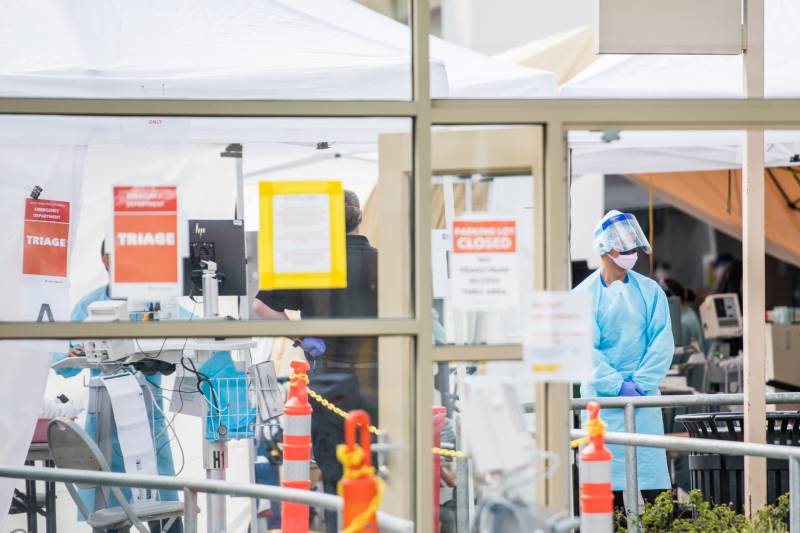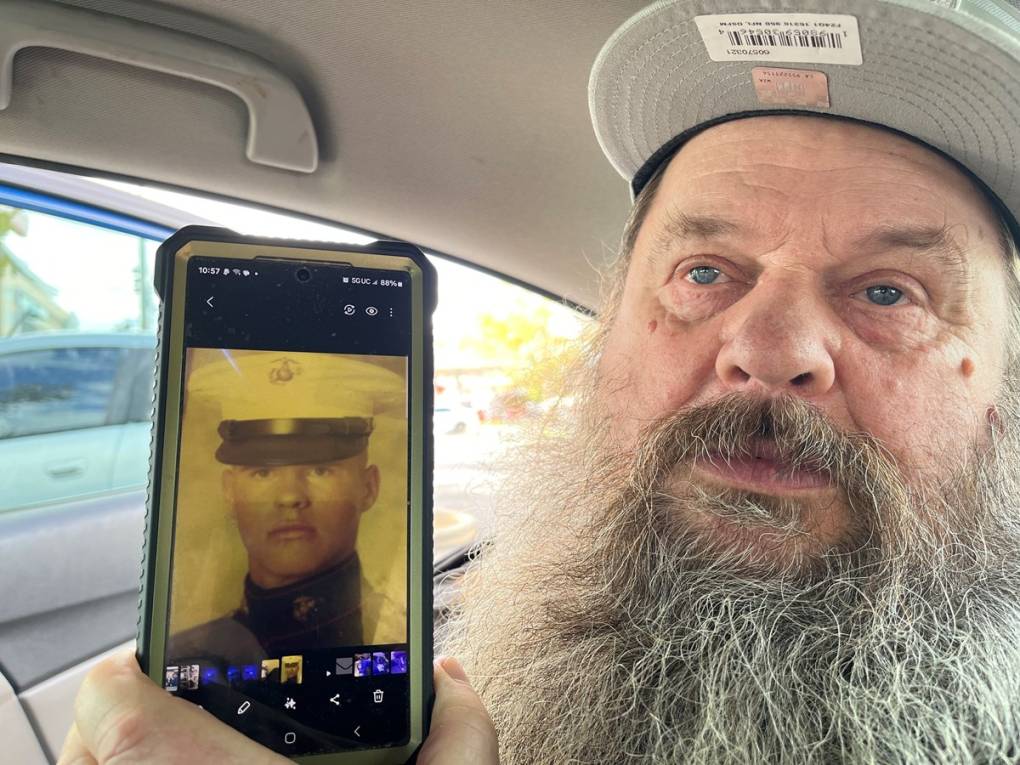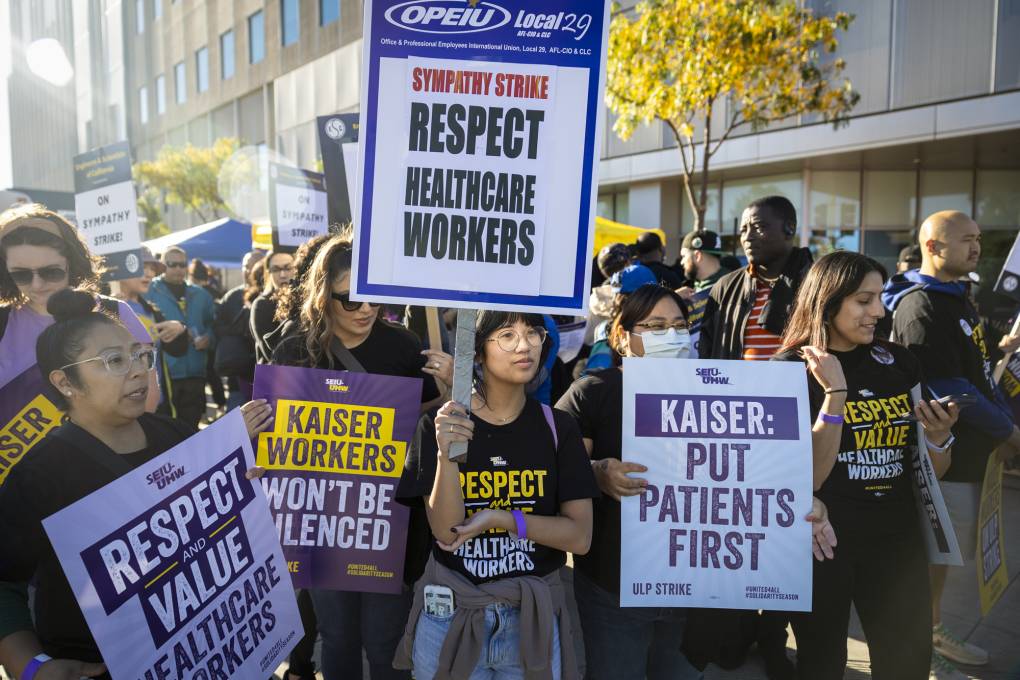Federal health guidance about COVID-19 safety has evolved throughout the pandemic. Yet California already had strict workplace safety rules in place for hospitals and other health settings that should have protected employees from the very beginning, even when little was known about the virus, experts say.
In spring 2009, California adopted the Aerosol Transmissible Diseases (ATD) standard. Under development for several years, it was unanimously approved by the Cal/OSHA Standards Board soon after the first cases of the H1N1 virus were detected in the state. According to this ATD standard, any novel or unknown pathogen is to be handled as if it could be transmitted by aerosols until proven otherwise.
California is the only state in the country with this standard. And experts say this standard has helped Cal/OSHA hold health employers accountable during the pandemic.
The state’s aerosol standard requires employers to provide personal protective equipment that protects against aerosols, train employees about this type of transmission and notify them of any possible exposure. This state standard went beyond early pandemic guidance from the Centers for Disease Control and Prevention, which didn’t formally acknowledge the airborne transmission of coronavirus until October. For months, the federal agency focused on droplet transmission.
Special protection is required to protect against viruses that can transmit via smaller aerosolized particles. For example, in Cal/OSHA’s citation to Kaiser San Francisco, the agency notes that the hospital did not require employees to use powered air-purifying respirators during “high hazard” procedures that generate aerosols, like intubations. According to the ATD standard, N95 masks are not enough protection for those types of procedures.
At the San Leandro location, employees who were given powered air-purifying respirators were handed defective units held together by tape, according to the citation. That same hospital also failed to investigate exposure incidents between May and August, the citation reads.
Throughout most of last year, nurses and other health workers organized rallies and protests demanding more protection from Kaiser and other hospitals. Amy Arlund, an intensive care nurse at Kaiser Fresno Medical Center and member of the California Nurses Association, said nurses aren’t as interested in fines as they are in enforcement and improvement.
She alleged that at her hospital, for example, when their battery-operated respirators break down, it’s hard to get replacements.
“A lot of nurses are carrying around their own rolls of duct tape to put these things back together when they’re falling apart,” Arlund told CalMatters in November. “We use what we have way beyond its usage.”
Employees at Kaiser Fresno have filed several complaints. Arlund said Cal/OSHA inspectors have visited her hospital, but as of Friday, no citations had been issued against Kaiser’s Fresno hospital.



